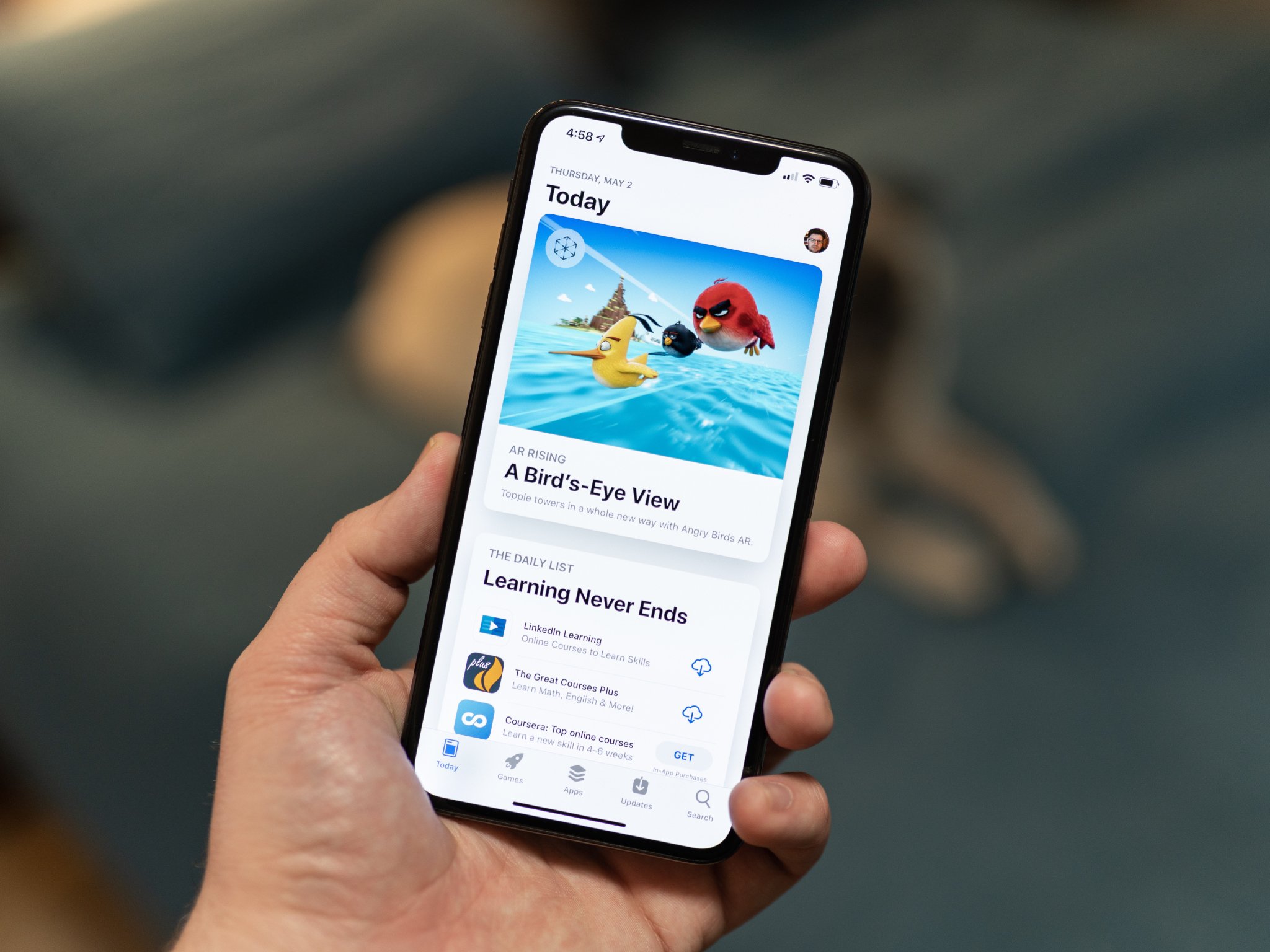Report: Apple pulled Navalny Smart Voting app after Russian FSB agent visit

What you need to know
- A report says Apple removed Alexei Navalny's Smart Voting app after a representative of the company was visited by FSB agents.
- The Washington Post says the app was removed at the behest of the Kremlin, and that both Google and Apple were threatened.
- The App was designed to help Russians vote tactically against Vladimir Putin during Russia's most recent election.
A new report from The Washington Post claims that Apple's decision to remove Alexei Navalny's app from its App Store in Russia last year came after a representative of the company was threatened by the FSB.
From the report:
Russian agents came to the home of Google's top executive in Moscow to deliver a frightening ultimatum last September: take down an app that had drawn the ire of Russian President Vladimir Putin within 24 hours or be taken to prison.
The report says the woman was taken to her hotel, but that the same agents "believed by company officials to be from Russia's FSB" showed up to her room to reiterate the warning. The report claims that Apple's "main representative in Moscow faced a similarly harrowing sequence," involving agents, but does not specify if this was an Apple executive also or even an employee. Apple has a limited presence in Russia and only opened a corporate office in the country last month to comply with new laws in the country.
The app was created by the leader of Russia's opposition movement, Alexei Navalny, and was designed to help citizens vote tactically against Vladimir Putin's regime in the most recent election. From the report:
The Smart Voting app, as it was called, had sought to help Navalny supporters across the country select candidates with the best prospects of beating representatives of Putin's United Russia party. The aim was not to take control of the Duma — considered an impossibility because of ballot manipulation — but to eat into United Russia's margin of victory, bring new energy to the opposition movement and deliver an embarrassing setback to Putin, Volkov said.
The report says that both Apple and Google resisted earlier calls to remove the app, until "armed Russia police" entered Google's office in Moscow, with Apple seemingly following suit after the aforementioned visit:
Even so, the app had remained available to download until the morning after Russian agents arrived at the Google and Apple representatives' doorsteps. Google's executive, a Russian citizen, was "essentially threatened with treason as a Russian citizen," said an executive with knowledge of the episode.
Apple at the time said in a letter that its decision to take down the app "reflect the state of the law in Russia and Apple was obliged to act on the orders."
The saga has been brought to new light in the wake of the Russian invasion of Ukraine, also carried out at the behest of Vladimir Putin, and Navalny is now using his app to try to urge Russians to protest against the war. The opposition group reportedly reached out to Apple on March 1 to ask the company to reconsider removing the app:
iMore offers spot-on advice and guidance from our team of experts, with decades of Apple device experience to lean on. Learn more with iMore!
Volkov sent another letter to Apple on March 1, urging the company again to reconsider. "With independent media being banned in Russia, our team's resources serve as the key source of objective information about the war," the letter said, adding that because other platforms were blocked, "the most important media among our resources was the application."
Apple was reportedly "reviewing" the matter but the app has not yet been restored. Russia has banned access to many western media outlets since the war began, and is planning to ban Instagram from Monday. You can read the full report here.

Stephen Warwick has written about Apple for five years at iMore and previously elsewhere. He covers all of iMore's latest breaking news regarding all of Apple's products and services, both hardware and software. Stephen has interviewed industry experts in a range of fields including finance, litigation, security, and more. He also specializes in curating and reviewing audio hardware and has experience beyond journalism in sound engineering, production, and design.
Before becoming a writer Stephen studied Ancient History at University and also worked at Apple for more than two years. Stephen is also a host on the iMore show, a weekly podcast recorded live that discusses the latest in breaking Apple news, as well as featuring fun trivia about all things Apple. Follow him on Twitter @stephenwarwick9
